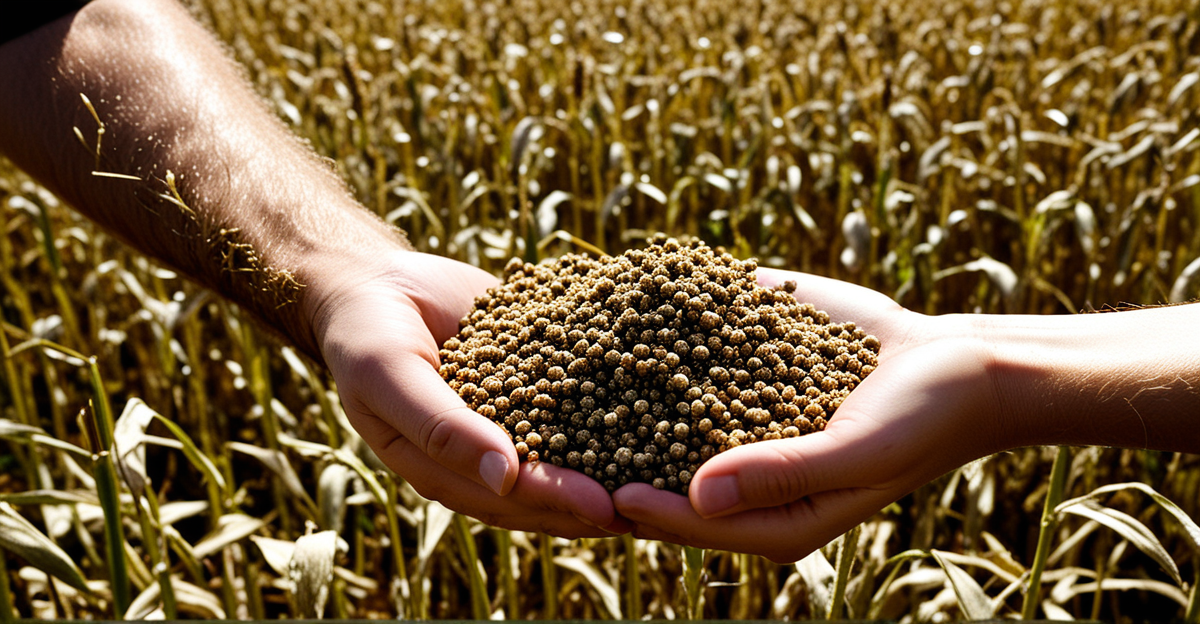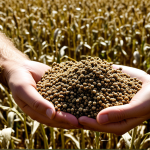Key Innovations in UK Agricultural Technology
UK agricultural technology has rapidly advanced through precision farming, agricultural robotics, and the integration of Internet of Things (IoT) sensors. Precision farming uses GPS-guided equipment and soil data analysis to optimise planting and fertilisation with pinpoint accuracy, reducing waste and increasing yields. Agricultural robotics, such as autonomous tractors and robotic weeders, automate labor-intensive tasks, significantly enhancing efficiency.
Data-driven agriculture plays a central role. By collecting and analysing data on soil health, weather, and crop performance, UK farmers can make informed decisions to boost productivity. Artificial intelligence (AI) algorithms interpret this data in real-time, predicting pest outbreaks or nutrient deficiencies before they become problems.
Also read : How is UK technology influencing the education sector?
Notable UK companies are pioneering these advances. For example, agri-tech startups develop smart sensors that monitor crop conditions continuously. Meanwhile, research institutions collaborate on projects applying robotics to dairy and arable farming. This fusion of robotics and AI within UK agricultural technology is revolutionising traditional practices, making farms more productive, sustainable, and resilient.
Advantages for Crop Yields and Farm Efficiency
UK agricultural technology delivers clear benefits for crop yields and farm efficiency by integrating precision farming and agricultural robotics. Precision equipment, such as GPS-guided seeders and variable-rate fertilisers, ensures inputs like seeds and nutrients are applied accurately. This targeted approach not only maximises growth potential but also reduces input waste, a critical factor in sustainable and cost-effective farming.
This might interest you : What are the implications of UK tech regulations on global markets?
Automated systems, including robotic weeders and autonomous tractors, increase productivity by working longer hours without fatigue, allowing farmers to cover more ground efficiently. For example, robotic weeders reduce reliance on herbicides by precisely targeting weeds, which improves crop health and yield.
Data-driven agriculture enhances decision-making. Sensors collect soil moisture, nutrient levels, and crop health data in real time. AI analyses this to optimise irrigation and fertilisation schedules, preventing overuse and supporting consistent crop growth.
UK farms adopting these technologies report substantial yield improvements, sometimes up to 15-20%. These efficiencies contribute not just to individual farm profitability but also strengthen the wider agricultural sector’s competitiveness domestically and internationally.
Key Innovations in UK Agricultural Technology
UK agricultural technology has advanced through the integration of precision farming, agricultural robotics, and IoT sensors, creating a smarter farming landscape. Precision farming utilises GPS mapping and soil analytics to apply seeds and fertilisers accurately, improving resource use and crop growth.
Agricultural robotics now includes autonomous tractors and robotic weeders. These machines automate repetitive tasks, reducing manual labour and increasing operational efficiency. IoT sensors continuously monitor environmental conditions like soil moisture and crop health, feeding data to AI systems.
Data-driven agriculture is central to these innovations. AI analyses vast streams of sensor data to optimise irrigation schedules, pest control, and nutrient application in real time. This approach allows farmers to react proactively rather than reactively.
Notable UK companies spearheading this progress include startups developing smart sensors and autonomous machinery. Collaborative projects between research institutions and industry aim to advance robotics applications across various farming sectors, including dairy and arable farming.
Together, these innovations position UK agricultural technology at the forefront of modern, sustainable, and efficient farming practices.
Key Innovations in UK Agricultural Technology
UK agricultural technology has evolved through key breakthroughs in precision farming, agricultural robotics, and Internet of Things (IoT) sensors, reshaping modern farming. Precision farming tools use GPS and soil analytics to apply seeds and fertilisers with exceptional accuracy, minimising waste. Agricultural robotics includes autonomous tractors and robotic weeders that automate tasks, reducing manual labour and boosting efficiency significantly.
Data-driven agriculture lies at the heart of these developments. AI processes continuous data from IoT sensors monitoring soil conditions, crop health, and weather, enabling real-time adjustments in irrigation, pest control, and nutrient application. This integration ensures optimal resource use, improving farm productivity sustainably.
Several UK companies lead this innovation wave. Startups focus on smart sensor development and autonomous machinery, while collaborations between research institutions and industry accelerate robotics in diverse farming sectors, such as dairy and arable farming. These coordinated efforts push UK agricultural technology forward, supporting a future of smarter, more sustainable, and highly efficient farming practices.
Advantages for Crop Yields and Farm Efficiency
UK agricultural technology delivers tangible benefits for crop yields and overall farm efficiency through the integration of precision farming and agricultural robotics. Precision equipment employs GPS-guided seeders and variable-rate fertilisers, enabling targeted application of inputs like seeds and nutrients. This accuracy not only boosts growth potential but significantly reduces input waste, crucial for sustainable farming and cost control.
Automated systems, such as robotic weeders and autonomous tractors, increase productivity by performing labour-intensive tasks around the clock without fatigue. For example, robotic weeders precisely remove unwanted plants, reducing herbicide use and fostering healthier crops. Such technology helps farmers operate more efficiently and extend their working capacity.
Furthermore, data-driven agriculture plays a pivotal role. Sensors continuously monitor soil moisture and nutrient levels, while AI analyses this data in real time. This allows farmers to optimise irrigation and fertilisation schedules, avoiding overuse of resources and supporting consistent, higher yields. UK farms adopting these advanced technologies report yield increases ranging from 15% to 20%, underscoring the powerful impact of precision farming and agricultural robotics on both productivity and sustainability.





